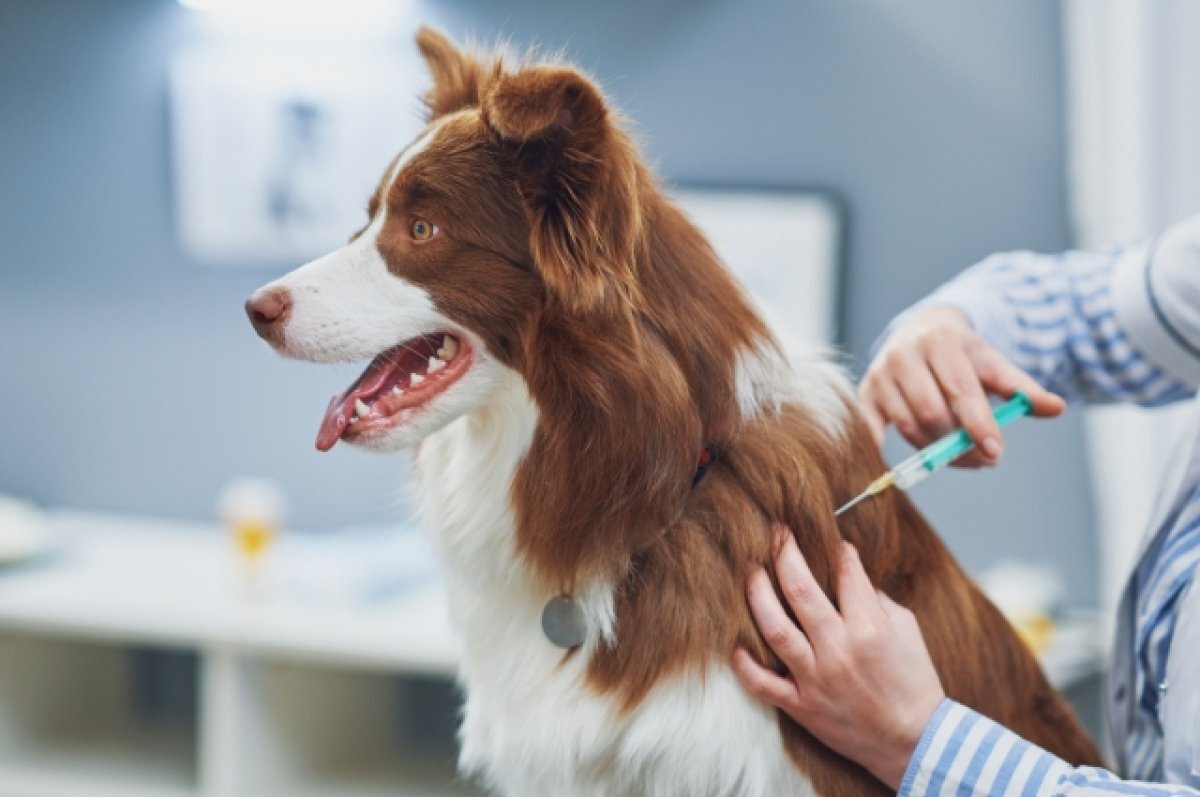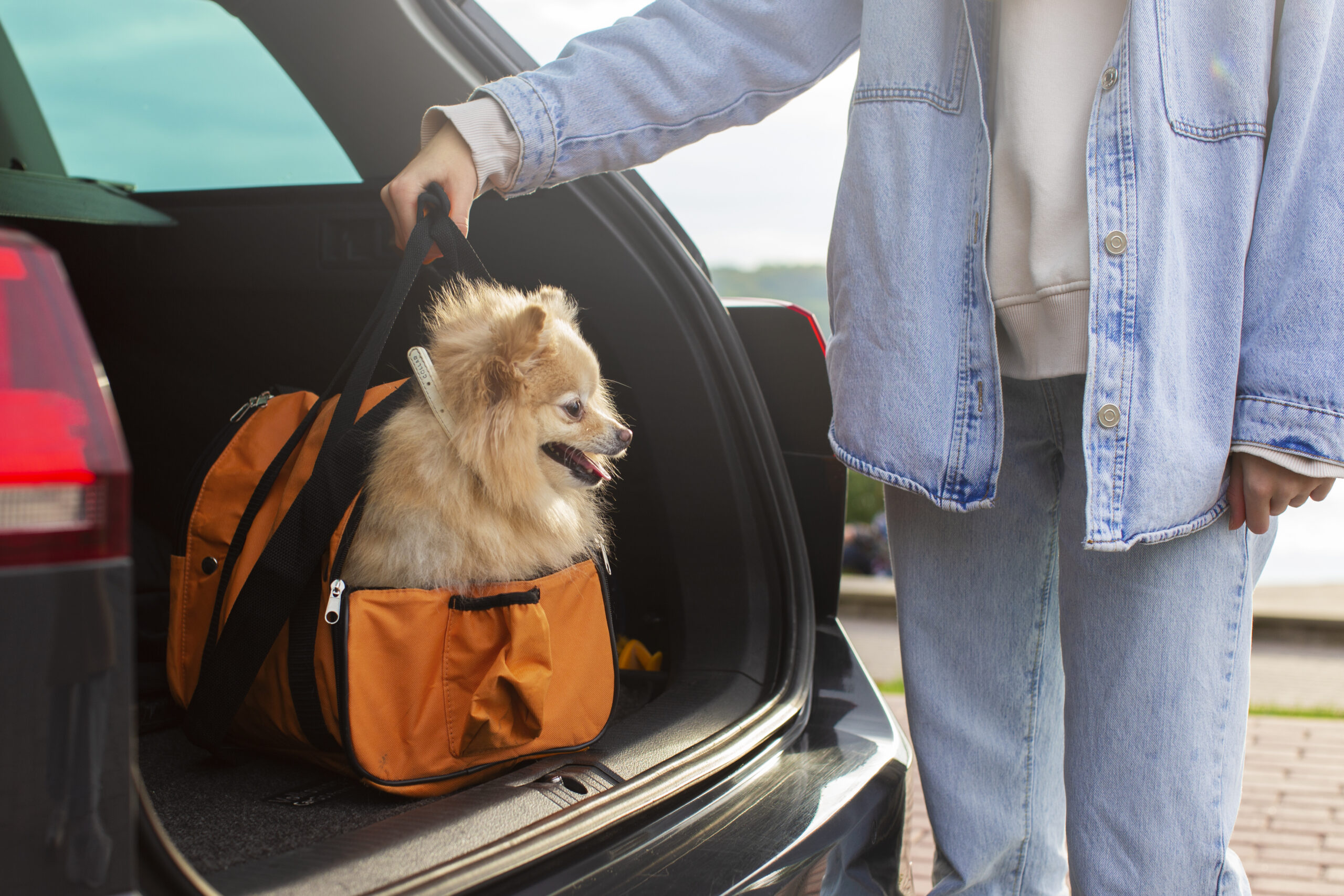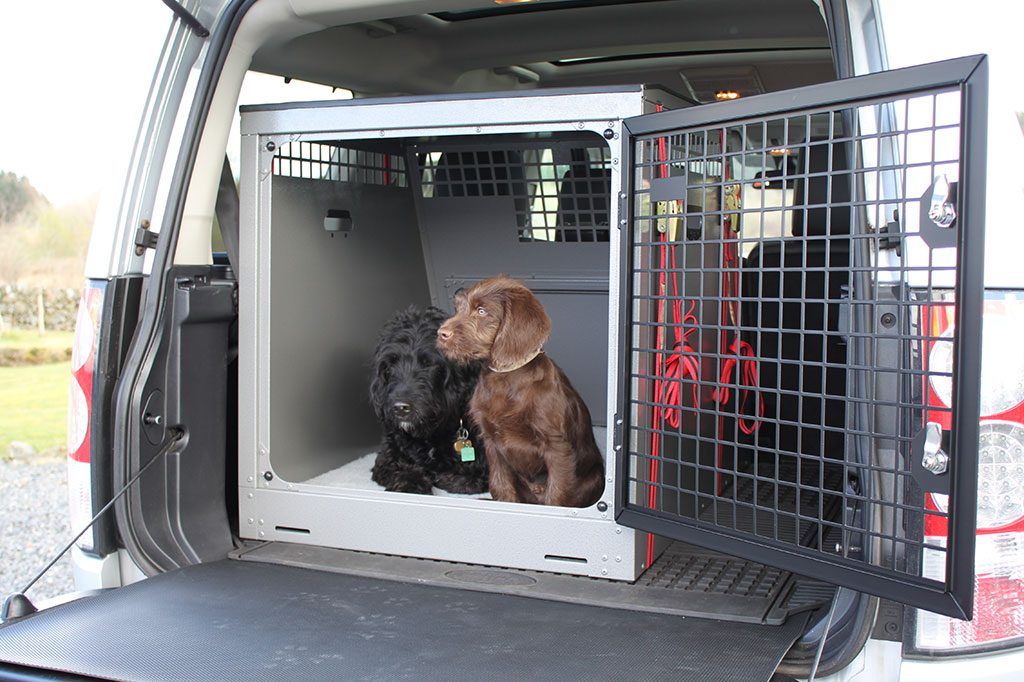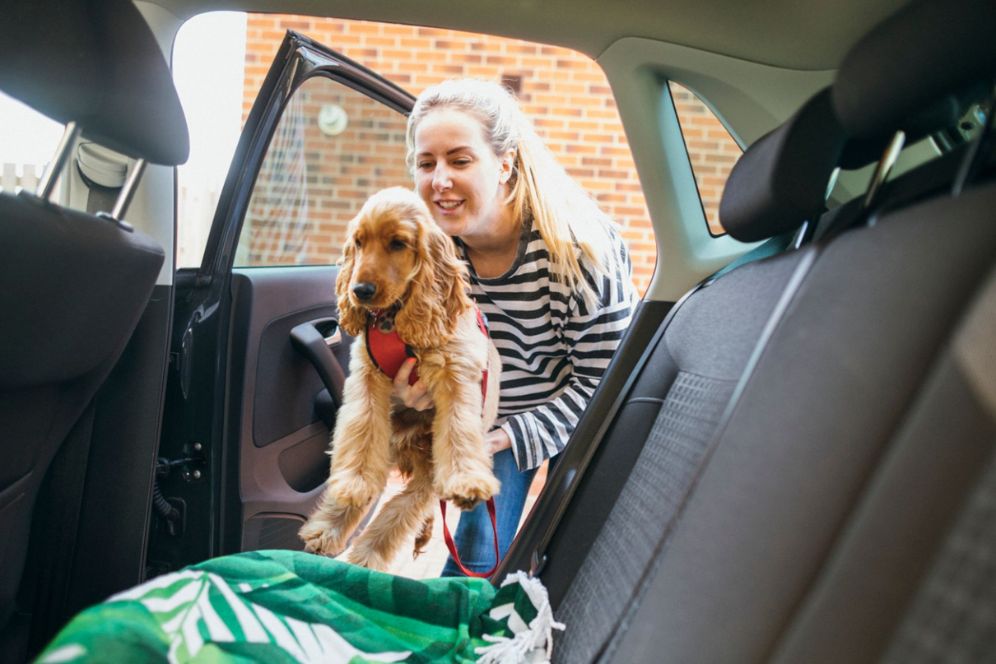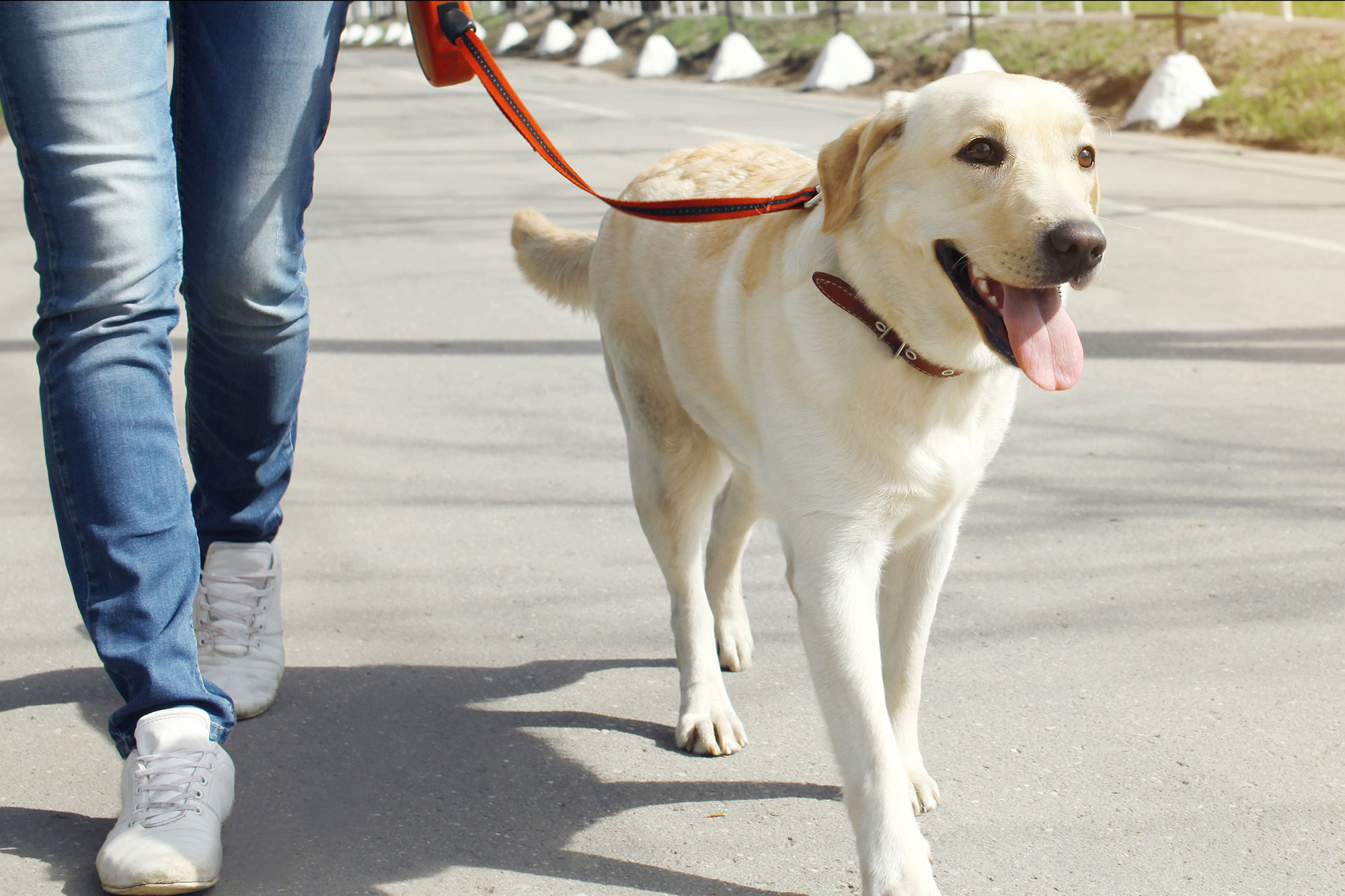When it comes to responsible pet care, protecting your furry companion from rabies is essential, not just for their safety but for your family’s too. Rabies is a fatal viral disease that affects the nervous system of mammals, including dogs and cats. While it’s rare in vaccinated pets, rabies remains a serious concern across Florida and beyond. That’s why PUP Mobile, your trusted pet care partner in St. Petersburg, FL, is here to share the facts you need to know.
In this blog, we’ll explore key information about rabies, how to prevent it, and the current vaccination guidelines every pet owner should follow. Whether you’re planning routine care or seeking advice on emergency steps, PUP Mobile is ready to support you.
Understanding Rabies: A Vital Part of Pet Care
Rabies is a virus that attacks the central nervous system. Once symptoms appear, the disease is almost always fatal. It spreads primarily through saliva, usually via bites or scratches from infected animals.
Wildlife such as bats, raccoons, foxes, and skunks are common carriers. Pets become vulnerable when they come into contact with these animals, especially if they are not vaccinated. Because of this, rabies prevention is a critical element of everyday pet care services in St. Petersburg, Fl, and beyond.
Common Signs of Rabies in Pets
While early symptoms can be subtle, watch for the following signs:
- Unexplained aggression or unusual behavior
- Excessive drooling or foaming at the mouth
- Vocal changes or difficulty swallowing
- Paralysis or muscle weakness
- Seizures or loss of coordination
If your pet exhibits any of these after potential exposure, contact a veterinarian immediately.
Preventing Rabies: Essential Pet Care Tips from PUP Mobile
-
Routine Vaccination: Your Pet’s Best Defense
Vaccination is the most reliable method for preventing rabies. In Florida, including St. Petersburg, rabies vaccination is required by law for dogs and cats.
At PUP Mobile, we emphasize keeping your pet on a proper vaccination schedule:
- First dose: Between 12–16 weeks old
- Booster: One year after the first shot
- Future boosters: Every 1–3 years (as per your vet’s guidance and vaccine type)
Our professional pet care team can help you stay on top of all vaccination deadlines with easy reminders and support.
-
Keep Pets Safe from Wildlife
Supervise pets during outdoor activities and keep them away from areas known for wildlife activity. Never leave food or garbage outside, as it can attract rabies-carrying animals. Keeping your pet on a leash or within a secured space can reduce risks significantly.
-
Quick Action After Exposure
If your pet has been bitten or scratched by an unfamiliar or wild animal:
- Wash the wound with soap and water immediately
- Contact your vet for advice and possible rabies booster
- Notify local animal control if necessary
PUP Mobile also offers pet transport services in St. Petersburg, FL, including emergency trips to veterinarians if your pet needs immediate care.
Vaccination Guidelines: What Every Florida Pet Owner Should Know
Following official recommendations helps ensure your pet’s safety and compliance with state law. According to the AVMA and Florida Department of Health:
- Initial vaccination: Given between 12–16 weeks
- First booster: One year later
- Subsequent boosters: Every 1–3 years
Our team at PUP Mobile helps pet owners manage and maintain vaccination schedules, so you’re always in line with local requirements.
Why Trust PUP Mobile for Your Pet Care Needs?
Choosing PUP Mobile means working with a team that understands the unique needs of St. Pete pet families. From routine care to emergency transport and vaccination planning, we offer comprehensive pet support. Here’s what sets us apart:
- Door-to-door service for safe and stress-free pet transportation
- Personalized care plans tailored to your pet’s health needs
- Vaccination and vet appointment reminders
- Education and updates on local pet care laws and practices
Your pet’s safety is our priority, especially when it comes to preventing life-threatening illnesses like rabies.
FAQs
- How often should my pet get a rabies shot?
Pets typically receive an initial rabies vaccine at 12–16 weeks old, followed by a booster after one year. Additional boosters are given every 1–3 years. - Can rabies be passed from pets to humans?
Yes. Rabies can spread through bites or scratches from infected pets or wildlife. Proper vaccination greatly reduces this risk. - What should I do if my pet is bitten by a wild animal?
Clean the wound thoroughly and contact your vet. Your pet may require a booster shot or temporary quarantine. - Is rabies vaccination required in St. Petersburg, FL?
Yes. Florida law mandates rabies vaccines for dogs and cats. PUP Mobile can help you stay compliant with local laws. - Do indoor pets need rabies shots?
Absolutely. Even indoor pets can be exposed through unexpected wildlife encounters or accidents. Vaccination is recommended for all pets.
Conclusion
Rabies is preventable, but only if pet owners take consistent, informed action. Through routine vaccinations, careful monitoring, and prompt treatment after potential exposure, you can keep your pet safe.
With PUP Mobile, pet care in St. Petersburg, FL becomes easier, safer, and more convenient. Whether you need help with scheduling vaccines or a ride to the vet, we’re here to help every step of the way. Choose prevention. Choose PUP Mobile.




